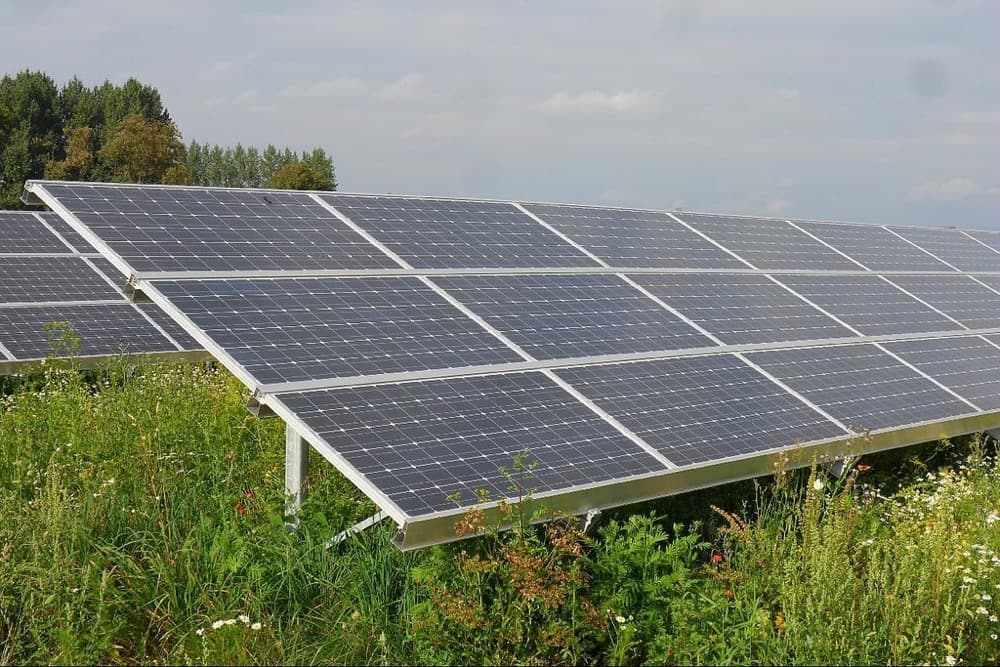
Earlier this year, Xcel Energy and a broad group of community and renewable energy advocates reached an agreement on a plan that should increase the use of solar energy and lower bills for some customers. Wednesday, the Colorado Public Utilities Commission signed off on that deal.
Here are the major features of the plan:
- A pilot program to test two new strategic billing models. One would charge more during peak times, such as morning and early evening. The other would charge more based on an increase above typical use, regardless of the time of day. These programs give customers ways to reduce their bills while helping Xcel better manage power demand.
- It keeps net metering, which allows customers who have solar panels to get credit against their electric bills for the power they generate, without adding a separate grid charge to make up for some of Xcel's costs to maintain system infrastructure for all customers. (Solar advocates were really against the grid charge.)
- It expands Xcel’s solar energy offerings by adding up to 342 megawatts of new solar power between 2017 and 2019. Xcel had 440 megawatts of solar capacity in its system at the end of last year, including 190 megawatts of utility-scale solar installations. Another 522 of utility-scale solar is scheduled to come on line this year.
- It offers customers the option to voluntarily pay more on monthly bills to support solar power, similar to its existing wind energy program, Windsource.
- It reduces wind energy premium pricing from $2.16 to $1.50 per block of 100 kilowatt hours.
- It includes plans to work with the Colorado Energy Office to make solar more accessible for low-income customers.
- It proposes to come up with standards to connect batteries capable of storing energy for a home or business to the grid.
- It calls for a tariff -- or price structure -- for recycled energy projects in Colorado to take advantage of waste heat generated by manufacturing.
The entities that signed off on the agreement include the cities of Denver and Boulder.
In a press release about the decision, the PUC emphasized the importance of solar being competitive with other sources of electricity.
"While the settlement expands the development of solar energy in Colorado, the Commission added protections that limit the cost impact to ratepayers and preserve the ability of the PUC to determine in the future the fairness of proposed changes to how ratepayers will pay for the energy they use," the PUC said. "The Commission also emphasized that future acquisitions of renewable energy should be proposed through the Electric Resource Plan (ERP) process, where resources have to be bid competitively and evaluated against other potential resources."
In recent years, Xcel has been able to add solar and wind above and beyond the state renewable energy requirements as the cost for those power sources comes down and becomes competitive with gas and coal.
“The decision today is great for all of the parties that participated in this process, but it is particularly beneficial for our Colorado customers," Xcel Regional Vice President Alice Jackson said in prepared statement. "The decision will allow us to give our customers more control over their energy choices, one of the key components of ‘Our Energy Future.’ The settlement also meets our other goals, as it will bring more renewable and carbon-free energy to Colorado through the use of new technologies, and it will provide affordable and reliable energy to further power the state’s economy.”
Western Resource Advocates also praised the deal.
“Plain and simple this means more clean and affordable energy for Coloradans," President Jon Goldin-Dubois said in a press release. "Today’s decision also breaks the stalemate between utilities and rooftop solar interests by advancing fair rates for rooftop solar, customers, and the utility.”












